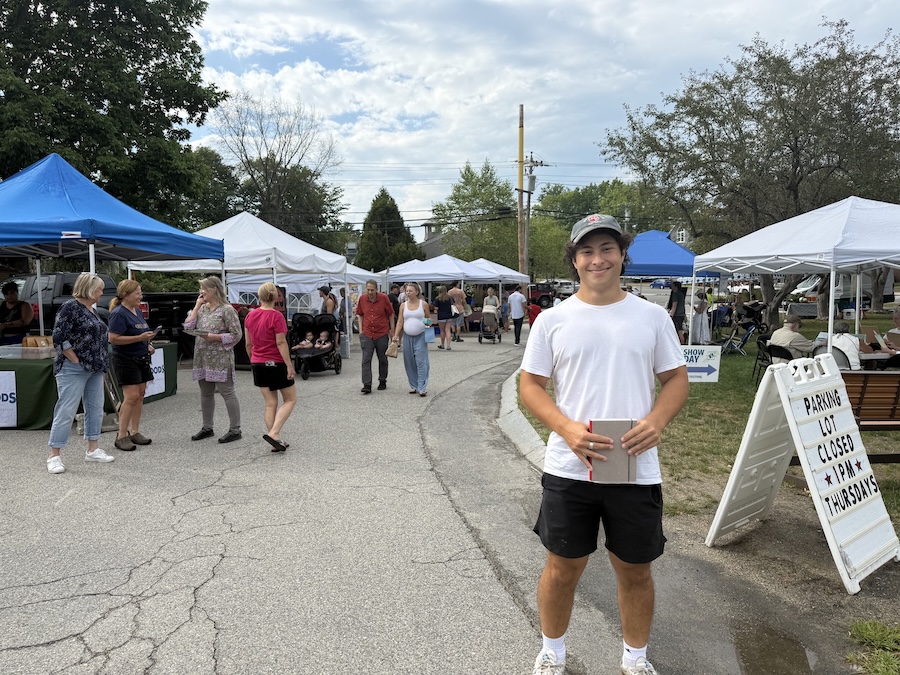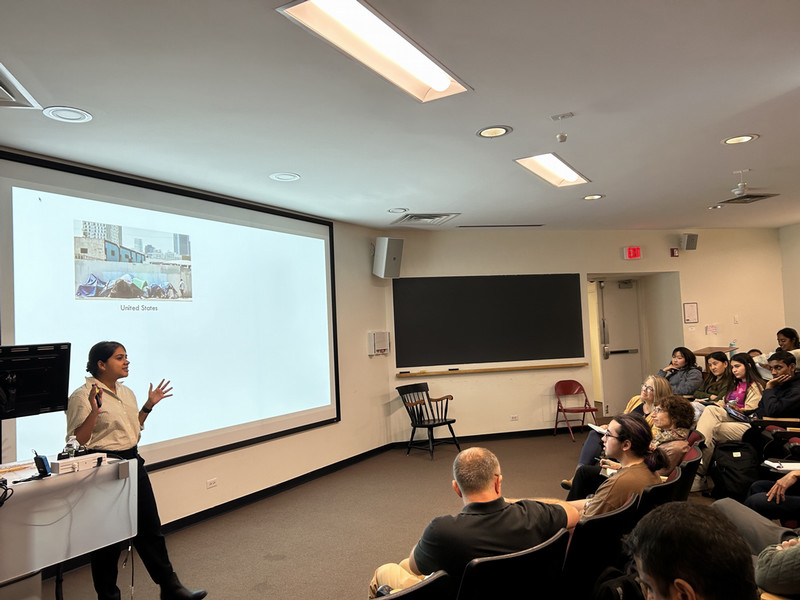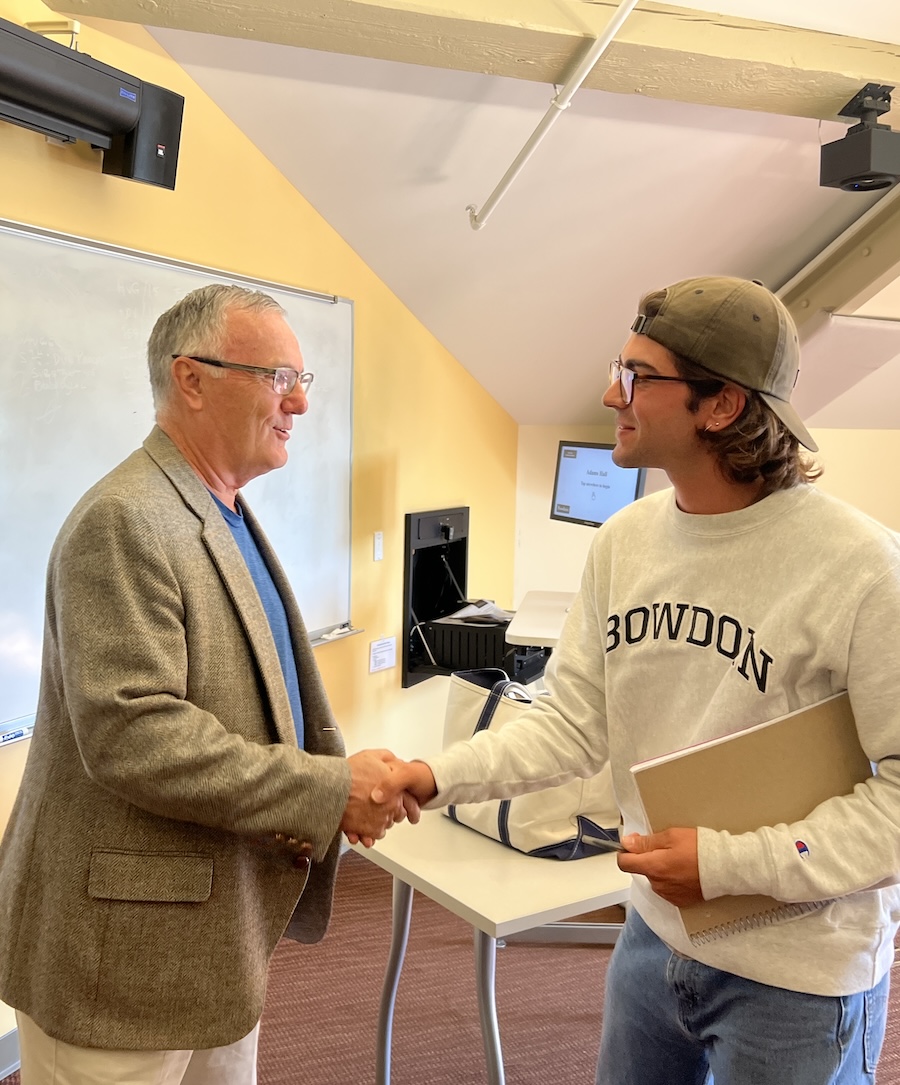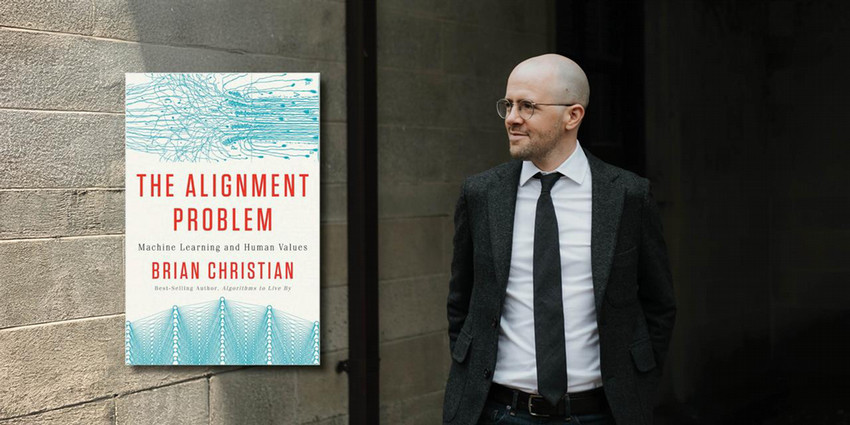Senator Angus King “Disturbed” by Trump’s Comments on Power Transfer
By Tom PorterUS Senator Angus King H'07 spoke to the Bowdoin community on September 24 via a live town hall event, where he also took questions from the audience. Speaking from his home in Washington, DC, King addresses a variety of topics, including recent “disturbing” comments by President Trump regarding the peaceful transfer of power.
When asked at a press conference last week if he would promise a peaceful transfer of power should he lose the November 3 election, President Trump declined to commit. “Well, we're going to have to see what happens," was his response. “Of all the things he’s said, this is the most dangerous,” commented King, pointing out that there has been peaceful transfer of power in this country for more than 200 years.
With many Americans expected to vote by mail, the coming election, he said, will not be like others in the past, “where you get up in the morning, you vote, and then you settle down in front of the TV and get to know who won by ten or eleven at night.” The results that we get on election night, said King, will be more like a “half-time score.” The town hall was moderated by Dean for Academic Affairs Jennifer Scanlon.
More quotes from Angus King:
On the role of corporate money in politics: King restated his position in favor of full disclosure regarding campaign finance laws, to limit the role of anonymous outside groups in political races. “My view is, the only people that ought to be able to contribute to your campaign are people who can vote for you—in other words, the residents of Maine or the residents of Pennsylvania, not some corporation or association.” There should at least, he added, be full disclosure when it comes to campaign contributions: “If you’re going to put money into a campaign, we’ve got to know who you are. That’s relevant information for the voters.”
On partisanship in Congress: While there are examples of bipartisanship in Congress, said King, “It’s no secret that [Congress] is severely divided. One reason for that,” he continued “is “that the country is severely divided.” This state of affairs, said King, is reflected in the fact that Senators no longer live in the capital. When he came to the US Senate as a staffer in the 1970s, recalled King, there was an interaction and a social life between members that went across the aisle. That doesn’t happen anymore, he said. “The Senators all go home weekends... and their families are at home.” Typically now, observed King, they are there from Monday night until Thursday afternoon, during which there is virtually no opportunity for the two sides to get to know each other on a personal basis. “The Wednesday morning prayer breakfast, which I attend, is the only nonpartisan event of the week,” said King, and one of the few opportunities to build relationships. “It’s not a healthy atmosphere in terms of getting things done.”
On the Supreme Court vacancy created by the recent death of Ruth Bader Ginsburg: King said there is no precedent for the Republican Party’s efforts to nominate and confirm a new Supreme Court justice this close to the election. “We’re really breaking tradition here.” In answer to the question “What can be done?” King replies “Not much.” While the process can be delayed, King said the Democrats cannot summon enough votes to stop the confirmation of Trump’s nominee, Amy Coney Barrett. They only way it could be stopped, he added, is “if four Republicans decide it’s wrong” and vote against it. So far only two GOP Senators—Maine’s Susan Collins and Lisa Murkowski of Alaska—have said they will do so.
Senator King was sworn in as Maine’s first independent US senator in January 2013, and he serves currently on the Armed Services Committee, the Select Committee on Intelligence, the Committee on Energy and Natural Resources, and the Committee on Rules and Administration.
As well as being the recipient an honorary degree from Bowdoin College, King has also served as distinguished lecturer with the department of government and legal studies.



